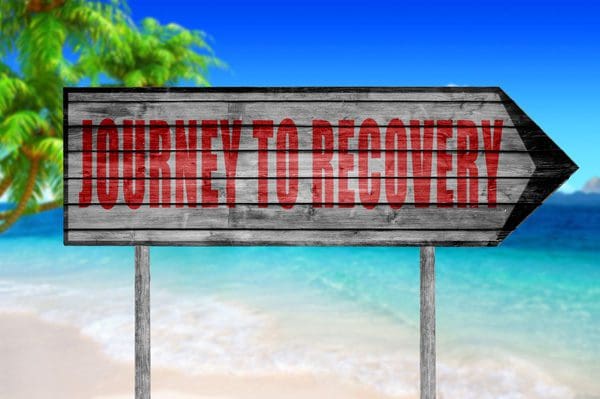Treatment is a great way to start living a life clean and sober, and also helps a person develop healthy coping mechanisms to aid their recovery.
 Sometimes during an emergency situation, all of the information that has been taught during treatment gets overshadowed by the stress. Having a list of safe people to call and secure places to go are healthy coping mechanisms to aid your recovery.
Sometimes during an emergency situation, all of the information that has been taught during treatment gets overshadowed by the stress. Having a list of safe people to call and secure places to go are healthy coping mechanisms to aid your recovery.
The National Institute on Drug Abuse suggests creating a “coping plan” to help prepare for unforeseen stress.
Help Guide, a non-profit guide to healthy thinking in recovery, encourages people in sobriety to change their people, places, and things.
This means avoiding going to the same bar you used to go to all the time or to the places where you used to get high. This also means avoiding people who are actively using and not being positive influences. Surrounding yourself with good energy and good people is an extremely effective and healthy coping mechanism to aid your recovery.
Taking care of your health is important in recovery.
Many accredited residential treatment centers want to focus on the mind, body, and spirit during treatment, and this is just as important in after care. Taking care of your body and health in sobriety is recommended by healthcare professionals and counselors.
Another great coping mechanism is to become active in your community. For example, if you love animals, you could volunteer at your local animal shelter. If you want to help those in need, you could volunteer at homeless shelters. There are many ways to become more active in your community, which helps keep your mind occupied. Staying busy is a healthy coping mechanism to aid your recovery.
If you or a loved one is ready to get help, Contact us today at (713) 769-0102.
Resources:
Overcoming Drug Addiction. Help Guide. (n.d.). Retrieved March, 2016.
The Science of Drug Abuse and Addiction. National Institute on Drug Abuse. (n.d.). Retrieved March, 2016.


